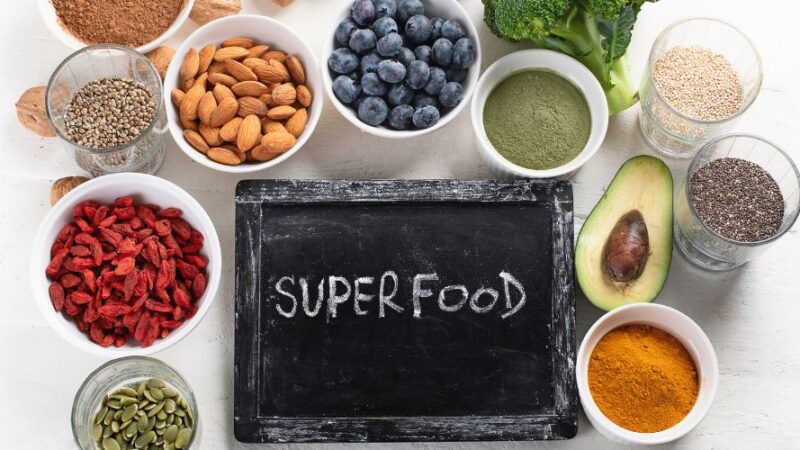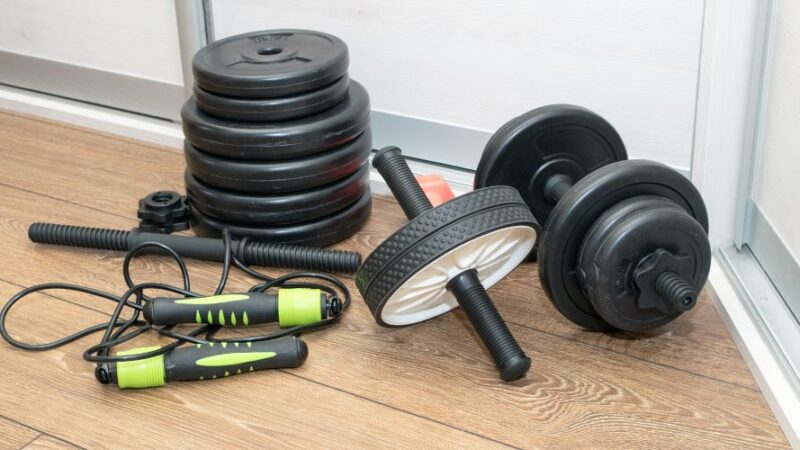30 Day Weight Loss Challenge for Beginners

Are you ready to embark on a transformative journey towards a healthier, fitter you? This 30-Day Weight Loss Challenge for Beginners is designed to kickstart your weight loss goals with a structured and sustainable approach. Whether you’re new to fitness or simply looking for a fresh start, this Weight Loss Challenge for 30 days will provide you with the guidance, motivation, and support you need to succeed.
Day 1-7: Building Foundations
- Diet: Focus on establishing healthy eating habits during the first week. Start with three balanced meals a day and two healthy snacks. Aim to include lean proteins, whole grains, plenty of vegetables, and fruits in your meals. Avoid sugary and highly processed foods.
- Workout: Begin with light to moderate exercises. Aim for at least 30 minutes of brisk walking, jogging, or cycling every day. Incorporate strength training exercises like bodyweight squats, push-ups, and planks for 15-20 minutes, three times a week.
Day 8-14: Progress and Consistency
- Diet: Continue with balanced meals and begin paying closer attention to portion sizes. Use smaller plates to help control portions. Stay hydrated by drinking plenty of water throughout the day.
- Workout: Increase the intensity of your cardio workouts during the second week. Try high-intensity interval training (HIIT) for 20-30 minutes, three times a week. Keep up with strength training exercises and gradually increase the number of repetitions.
Day 15-21: Pushing Your Limits
- Diet: This week, explore meal planning. Prepare healthy meals and snacks in advance to avoid unhealthy choices when you’re hungry. Focus on whole, unprocessed foods. Consider incorporating more plant-based options.
- Workout: Challenge yourself with more advanced exercises. For cardio, try activities like running, swimming, or dancing for 30-45 minutes, three times a week. Continue with strength training and aim to increase the resistance or weight used in your exercises.
Day 22-30: Transformative Results
- Diet: As you enter the final phase, maintain your balanced diet. Practice mindful eating by paying attention to hunger and fullness cues. Avoid late-night snacking and excessive sugar consumption. Monitor your daily calorie intake if desired.
- Workout: Continue with advanced cardio workouts for 45 minutes to an hour, three times a week. Incorporate compound movements in your strength training routine for a full-body workout. Consider seeking guidance from a fitness expert for a tailored workout plan.

Throughout the 30 Days:
- Hydration: Stay well-hydrated by drinking at least 8-10 glasses of water daily.
- Rest and Recovery: Allow your body to rest and recover. Aim for 7-8 hours of quality sleep each night.
- Mindset: Maintain a positive mindset and stay motivated by setting achievable goals and celebrating your achievements along the way.
This plan is a starting point, and it can be adapted to your individual needs and preferences. Consult with a healthcare professional or fitness expert before starting any new diet or exercise program, especially if you have underlying health conditions. Additionally, listen to your body, and if you experience discomfort or pain during any exercise, stop and seek guidance. With dedication and consistency, this 30-day plan can be the foundation for a healthier, fitter you.
You may like 7 Day Diet and Exercise Plan for Weight Loss
11 Best Diet Tips to Lose Weight and Improve Health
Here are 11 best diet tips to help you lose weight and improve your overall health:
1. Eat Whole Foods: Focus on whole, unprocessed foods like fruits, vegetables, lean proteins, whole grains, and legumes. These are rich in nutrients and fiber, which can help control your appetite and support weight loss.
2. Portion Control: Be mindful of portion sizes to prevent overeating. Use smaller plates and pay attention to hunger and fullness cues.
3. Balanced Meals: Aim for balanced meals that include a source of protein, healthy fats, and carbohydrates. This combination helps keep you full and satisfied.
4. Stay Hydrated: Drink plenty of water throughout the day. Sometimes thirst can be mistaken for hunger, leading to unnecessary snacking.
5. Limit Sugary Drinks: Avoid sugary sodas, fruit juices, and energy drinks. These can add extra calories without providing satiety.
6. Healthy Snacking: Choose nutritious snacks like fresh fruits, yogurt, nuts, or veggies with hummus. Avoid processed and high-calorie snacks.
7. Mindful Eating: Pay attention to what you eat. Avoid distractions like watching TV while eating, as this can lead to overeating.
8. Plan Meals: Plan your meals and snacks ahead of time to avoid impulsive and unhealthy choices when you’re hungry.
9. Cook at Home: Cooking your meals allows you to control ingredients and portion sizes. It also encourages healthier food choices.
10. Limit Processed Foods: Minimize processed foods, which often contain added sugars, unhealthy fats, and excess sodium. Read food labels and choose products with fewer ingredients.
11. Be Patient: Weight loss and improved health take time. Focus on making sustainable changes to your diet and don’t get discouraged by occasional setbacks.
Everyone’s dietary needs are different, so it’s essential to choose an approach that suits your lifestyle and preferences. Consult with a registered best dietitian or healthcare provider for personalized guidance and support on your weight loss journey.
Take the first step toward a healthier lifestyle and lasting weight loss. Try this weight loss plan for 30 days and discover the incredible transformation that’s within your reach.
FAQ’s
How much weight can you lose on the 30 day challenge?
The amount of weight you can lose on a 30-day challenge varies depending on individual factors like your starting weight, metabolism, and adherence to the program. A safe and sustainable rate of weight loss is typically 1-2 pounds per week, so aiming to lose 4-8 pounds in 30 days is a reasonable goal.
What is the best exercise to lose weight in 30 days?
The best exercise to lose weight in 30 days is a combination of cardiovascular exercises and strength training. Cardio exercises like running, cycling, swimming, or high-intensity interval training (HIIT) can help burn calories and improve cardiovascular fitness. Incorporating strength training exercises such as weightlifting or bodyweight exercises can build lean muscle mass, boosting your metabolism and aiding in long-term weight management. A well-rounded fitness routine that includes both types of exercise is typically the most effective for weight loss and overall health.
Do I need to follow a specific diet during the challenge?
While there are many diet plans available, it’s generally recommended to adopt a balanced and sustainable diet during the 30-Day Weight Loss Challenge. This should include a variety of nutrient-rich foods such as lean proteins, fruits, vegetables, whole grains, and healthy fats. It’s advisable to consult with a nutritionist or dietitian to create a personalized dietary plan that aligns with your goals and dietary preferences.
Should I consult a healthcare professional before starting the challenge?
It’s always wise to consult your doctor or a healthcare professional before embarking on any weight loss program, especially if you have underlying health conditions or concerns. They can provide valuable guidance, ensure that the program is safe for you, and help you set realistic goals based on your individual health and fitness status.
What is a 30 day no sugar challenge?
A 30-day no sugar challenge is a dietary commitment where participants eliminate added sugars from their diet for a month. This challenge typically involves avoiding foods and beverages that contain added sugars, such as sugary snacks, sweets, sugary drinks, and processed foods with hidden sugars.
The goal of the challenge is to raise awareness about sugar consumption, reduce dependence on sugary foods, and promote healthier eating habits. It can have several potential benefits, including weight management, improved energy levels, better skin health, and reduced risk of chronic diseases like type 2 diabetes and heart disease.
Can you drink alcohol during the 30-day weight loss challenge?
During a 30-day weight loss challenge, it’s generally advisable to limit or abstain from alcohol. Alcohol is calorie-dense and can hinder weight loss by disrupting metabolism and increasing calorie intake. If you choose to consume alcohol, opt for lower-calorie options and practice moderation. Keep in mind that alcohol can also affect your judgment, potentially leading to poor food choices. Consulting with a healthcare professional or nutritionist can provide personalized guidance on incorporating alcohol into your weight loss plan.






One thought on “30 Day Weight Loss Challenge for Beginners”